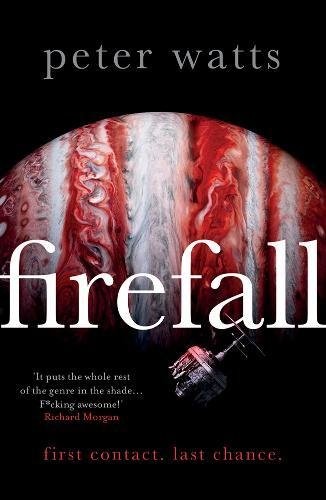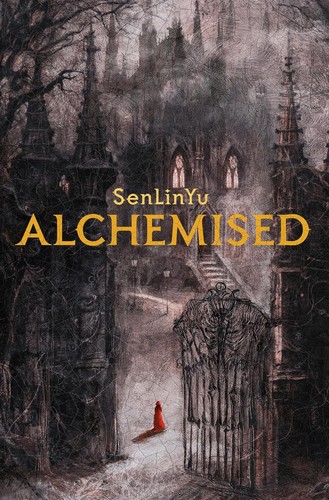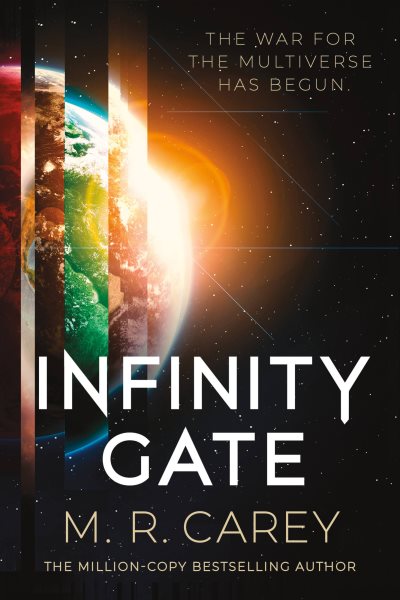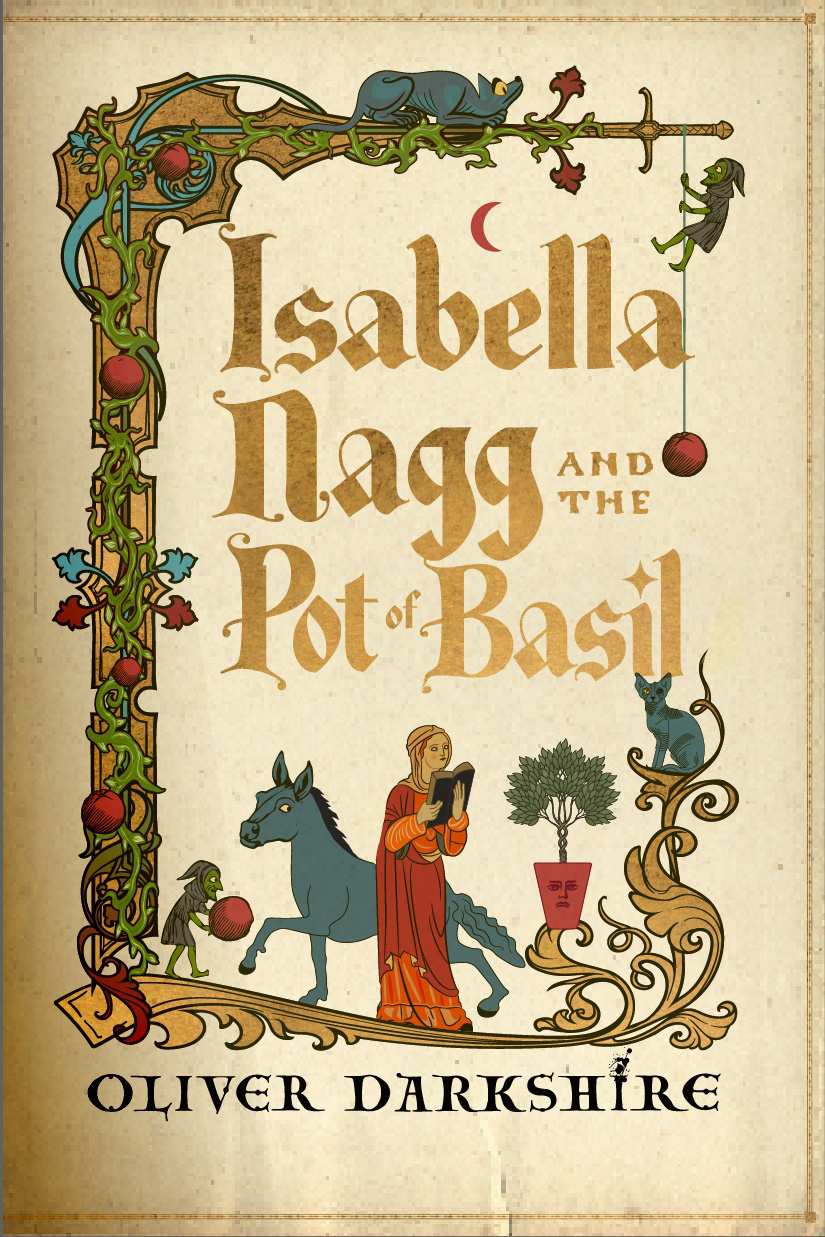penwing reads (they/them) finished reading Hogfather by Terry Pratchett (Discworld, #20)

Hogfather by Terry Pratchett (Discworld, #20)
Hogfather is the 20th Discworld novel by Terry Pratchett, and a 1997 British Fantasy Award nominee. It was first released …











